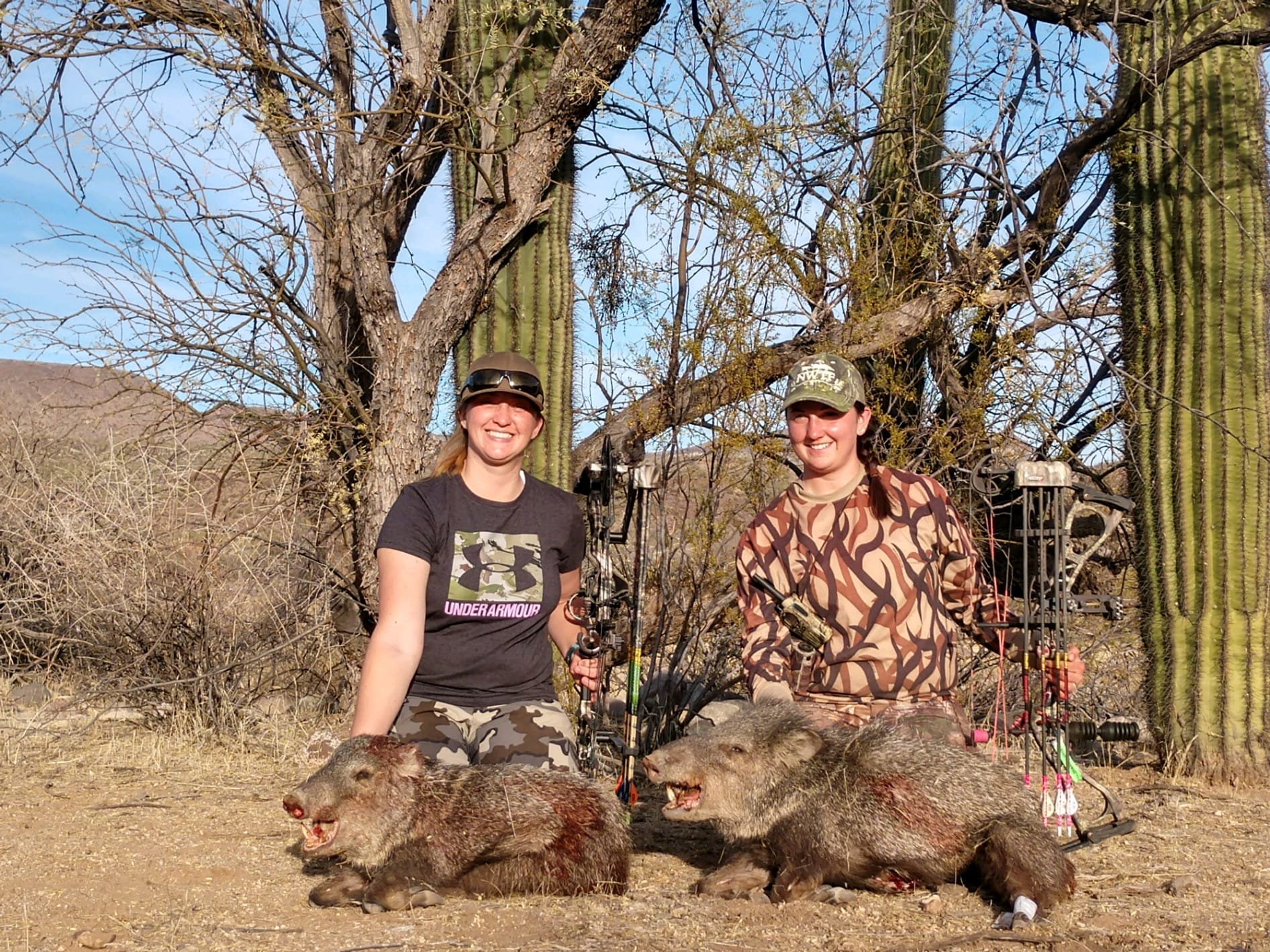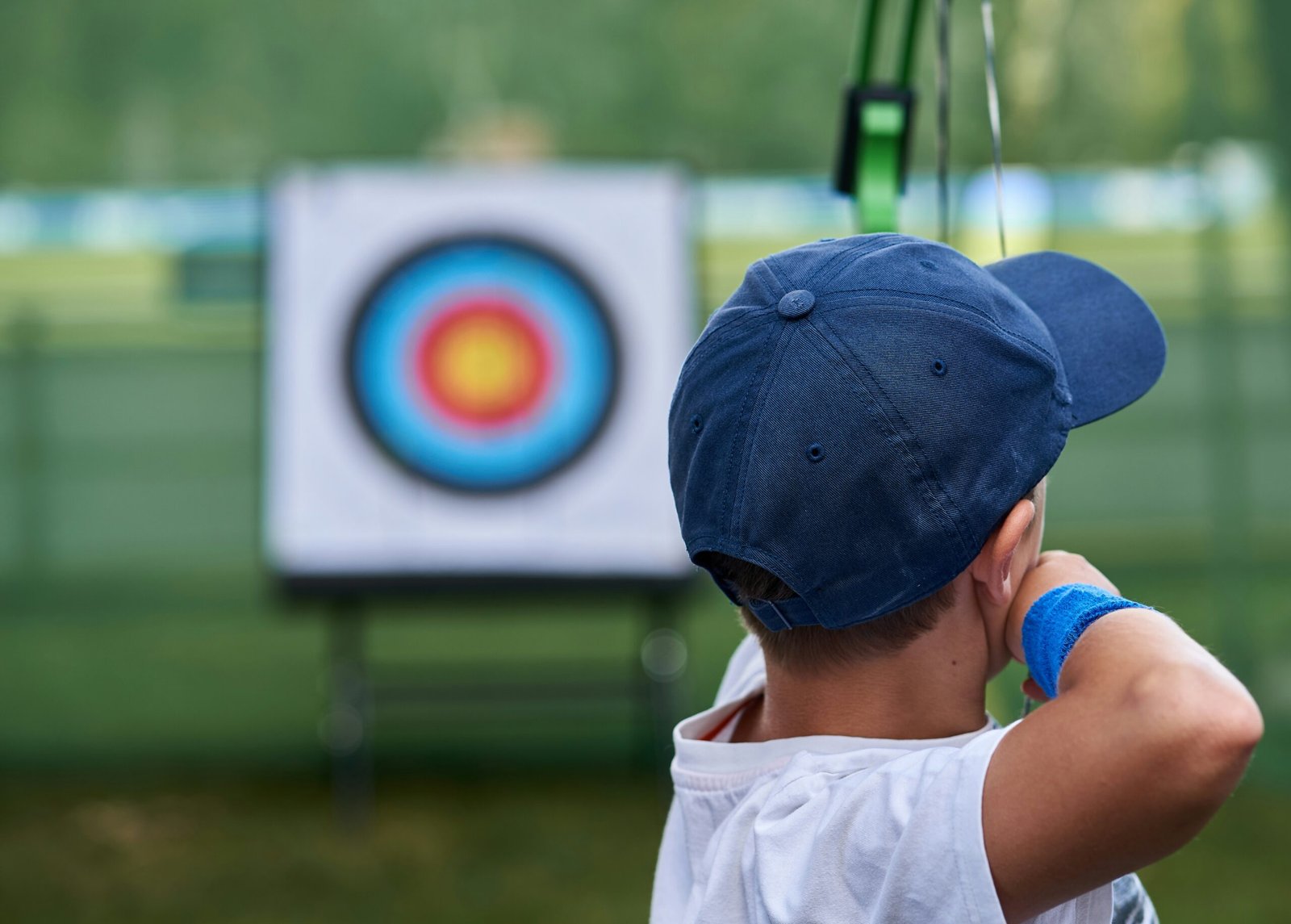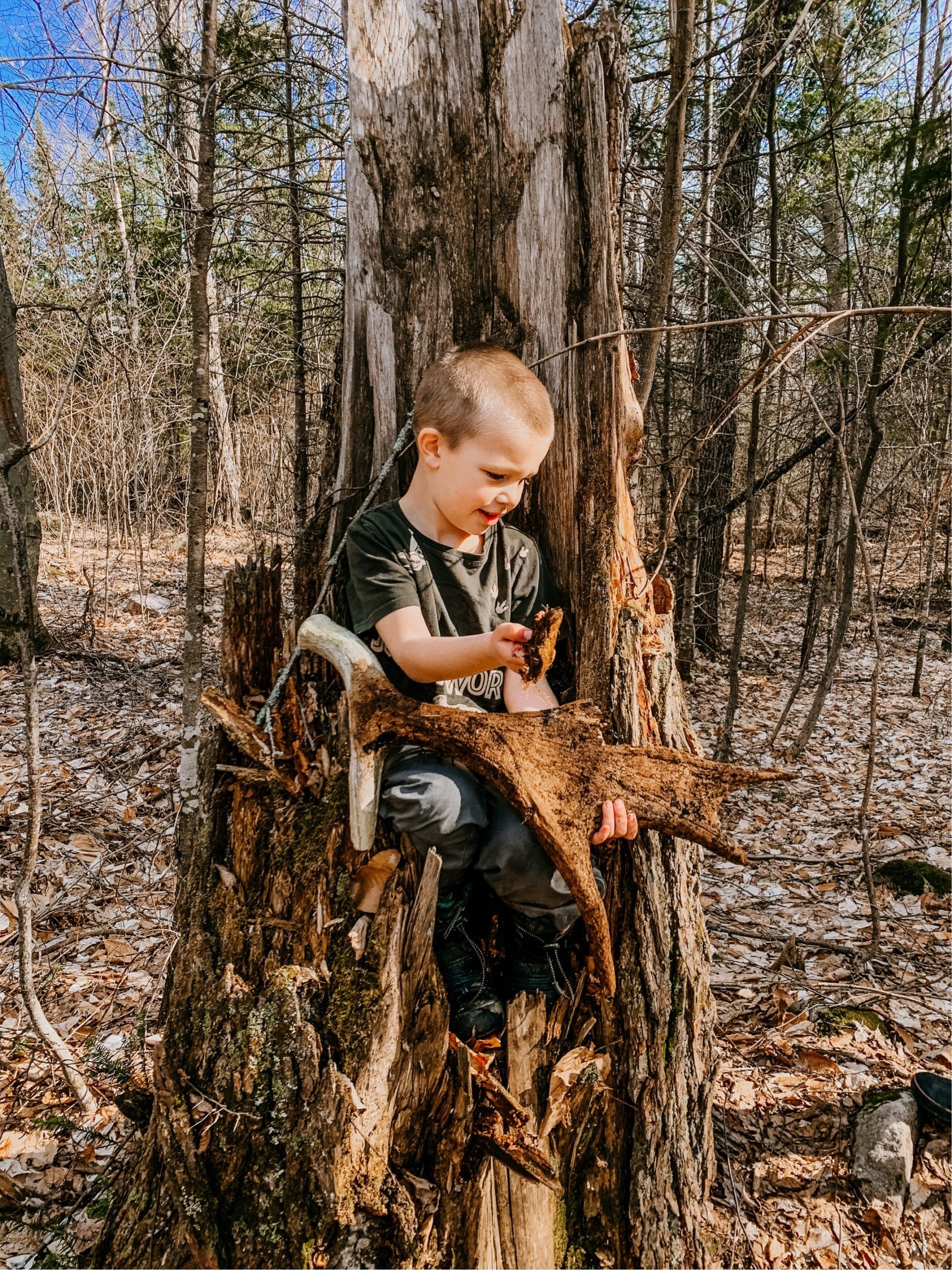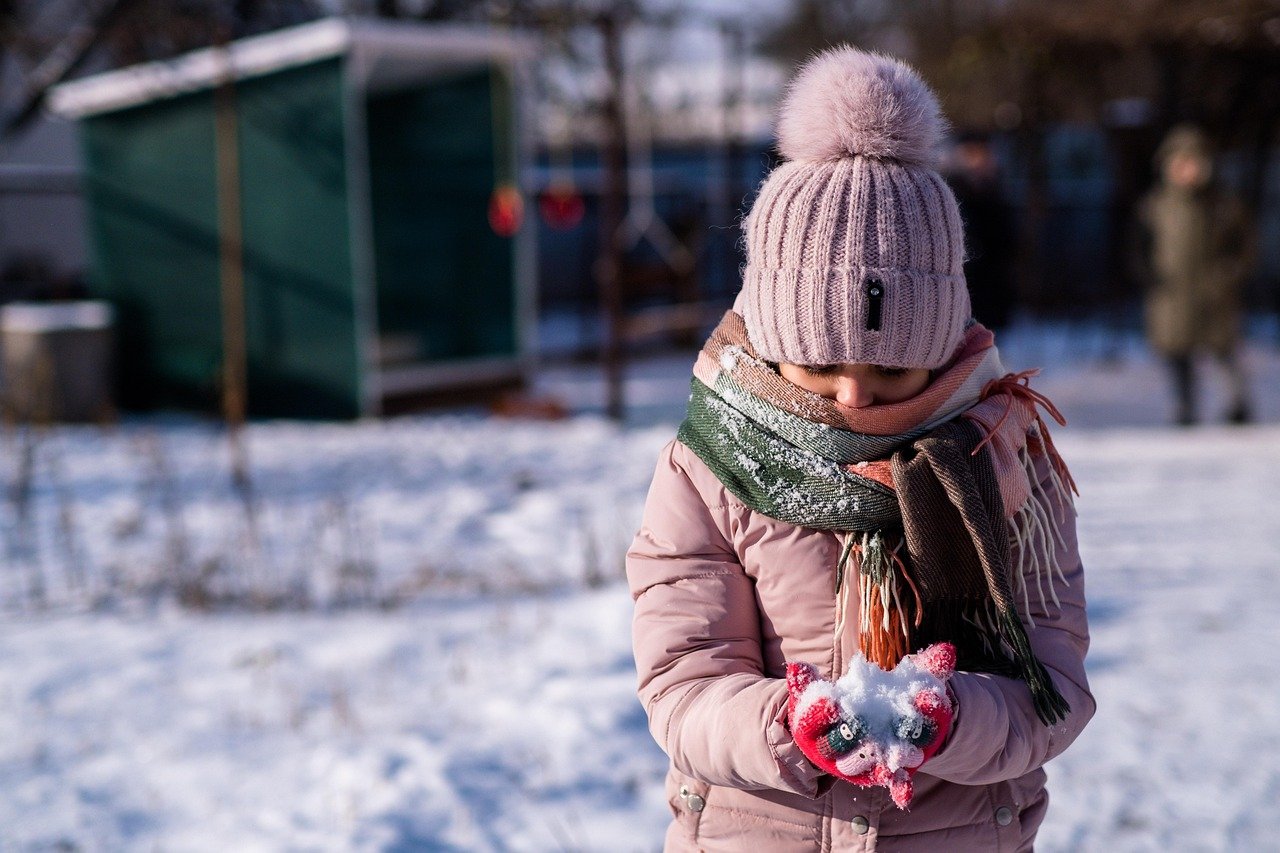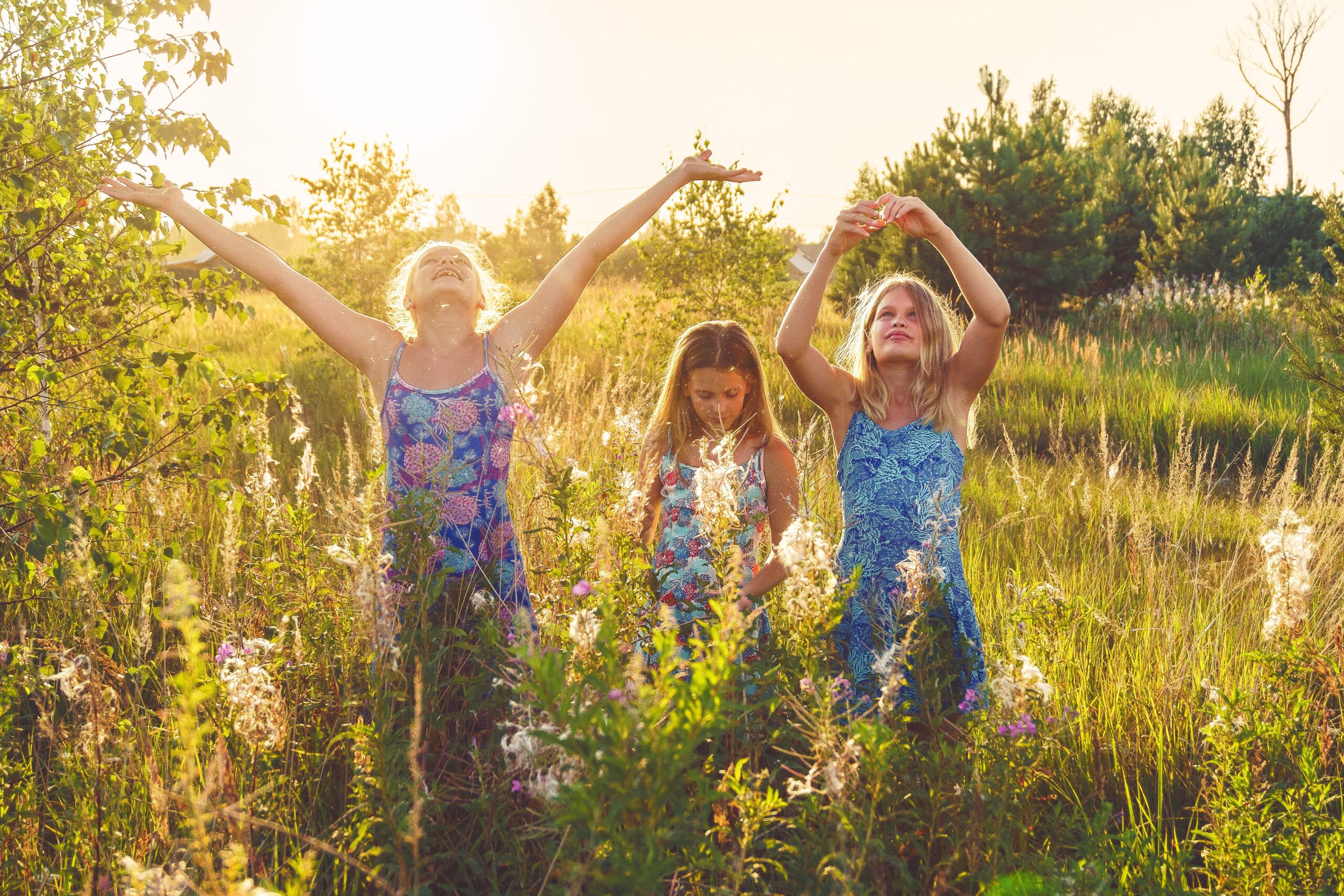In 1945, President Truman dedicated the Kentucky Dam “in the name of the American people who built it and to whom it belongs”. At some other point in time in 1945, a three-year-old girl caught her first catfish off of that very dam.
In the years that followed that fishing experience, the same little girl would trot behind her mom with her sister through the woods following the baying of hounds chasing raccoons. She would also be the bird dog for her brother chasing rabbits out of holes for him to shoot that they would later fry up for supper.
When she wasn’t in school or doing her own chores, you could find her on her family’s farm with her aunt and uncle waiting for her aunt to string chickens up on a clothesline and slit their throats. She remembered burning her hands when dipping the chickens in boiling water so she could pluck them and eagerly wait for them to be cooked up for a meal.
That little girl was my grandmother. She just turned 80 and still fishes to this day.
Women in Hunting
Women participating in hunting and fishing is anything but new. And while the only thing we hear about today is how fast the demographic is growing, we fail to recognize that the only reason we haven’t noticed or remembered that women have always participated is because of a relatively adolescent global social construct that says women should stay at home and in the kitchen.
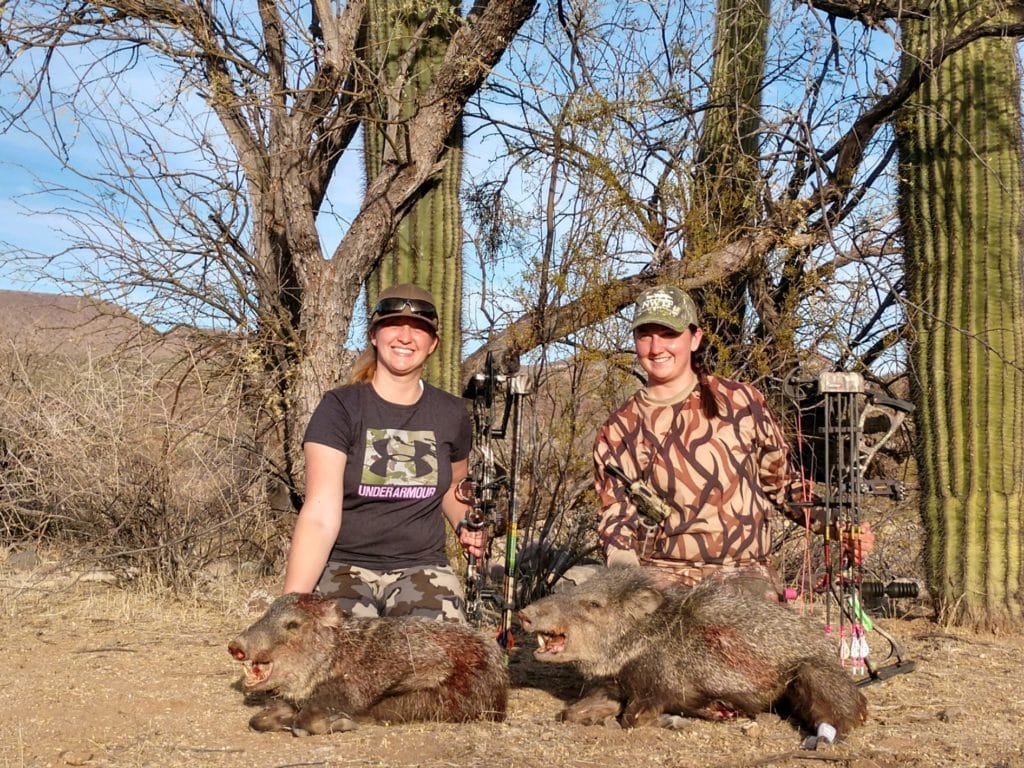
You can find hundreds of names associated with female hunters, or huntresses, in fact, fiction, folklore, and mythology, and there is only one reason for that. Women were, and still very much are, an integral part of providing sustenance for their families and communities since the evolutionary period of humans becoming bipeds. Eating flesh-derived protein is what advanced our species to become what it is today. And men were not the only ones to source it.
When did it become taboo for women to participate? It seems as though as cities developed, hierarchies grew, and religious texts spread, people were convinced that men were the head of the household in advanced populations where only the higher classes could read that this idea became taboo. The peasants if you will, did not adhere to the social constructs. Peasant women simply were regarded as wild, witchy, non-traditional, and dare I say, defiant?
But who controlled the flow of information? Those more fortunate or with influence.
A quick internet search will reveal a slew of women throughout history who defied orders. A couple of eye-opening references to look up if you are still in denial include but are not limited to the following:
- The Herring Girls
- The Accomplished Lady’s Delight written in 1675
- Paulina Brandreth, a late 1800s author in Field and Stream
- Human Natural History: Hunting and Gathering Societies
The advent of the internet and social media platforms creates its own set of issues. More women are participating now because of technology advancements and the idea that you can provide a healthier lifestyle for yourself and your family. There are also more resources to support the growing movement. But one thing you don’t see is that the women who have been doing this all along are not at the top of your news feeds. Many don’t even have social media accounts. This is the same for hunting and fishing as it is for farming, ranching, and other “blue collar” trades where women have always been successful.
Women who are successful at hunting and fishing are also not generally the stores covered in published interviews or articles. If you’re not new to the industry, don’t have a parent whose shirttails drug you in, aren’t sponsored by a brand, or haven’t done some epic solo (seriously solo) excursion, no one wants to read, let alone write, your story. Woman hunters and anglers are still made out to be defiant characters who need to beat all odds before they are recognized and given credit. The rest are just a joke in several outfitter groups and well-established private clubs.
Animosity runs high in several circles among women hunters and anglers. But I want to stress that at the end of the day, does it really matter? Does it matter that some man thinks you shouldn’t be in the field or on the water? That you are not capable?
Their opinion does. not. matter.
And you should not try and change their mind. While some are disappointed that they couldn’t get a job as an outfitter or guide or aren’t recognized by their local 501 chapter, it does not mean that you are any less of a hunter or angler in this world.
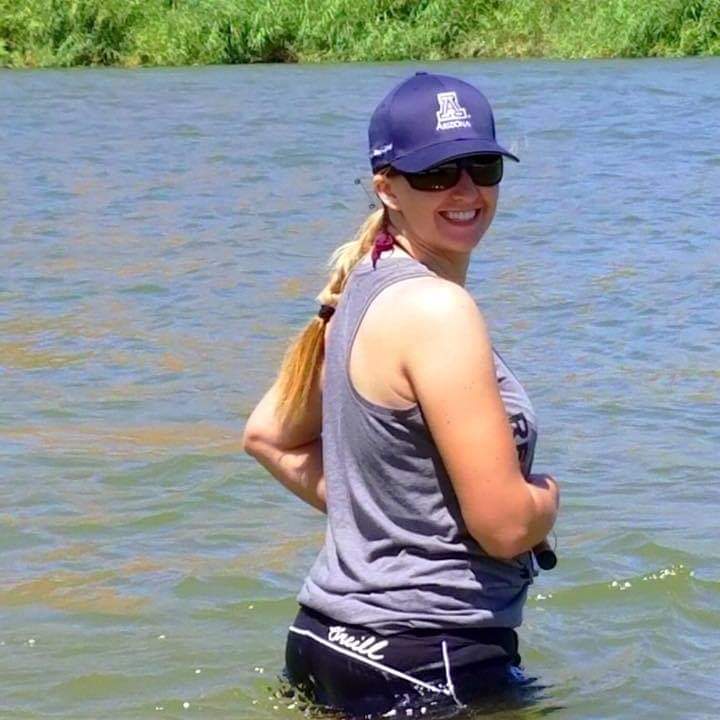
Remember. You do not need recognition to be successful in life. You do not need recognition to be a successful hunter, trapper, angler, outdoors-woman, anything. Know that if you have a calling for a lifestyle that keeps your hands in the dirt and a rifle or rod in your hand, it is because it is engrained in your DNA to do so. Surround yourself with those of a like mind and avoid with fervent effort anyone who would deny you the pleasure of your passions and goals.
The passion for hunting is several generations deep in this house. Do not be afraid to rekindle inherent abilities. There is no reason why my 80-year-old grandmother should be asking me why more women aren’t out doing what they’ve always done.
